public health
November 26, 2023
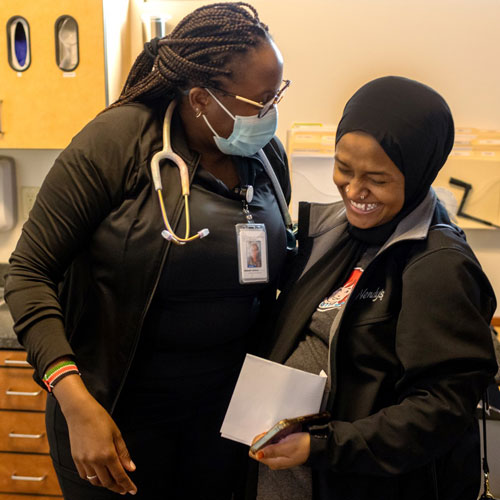
Delivering hope
A UW program works to improve maternal health outcomes for Black women and other underserved community members.
May 29, 2023
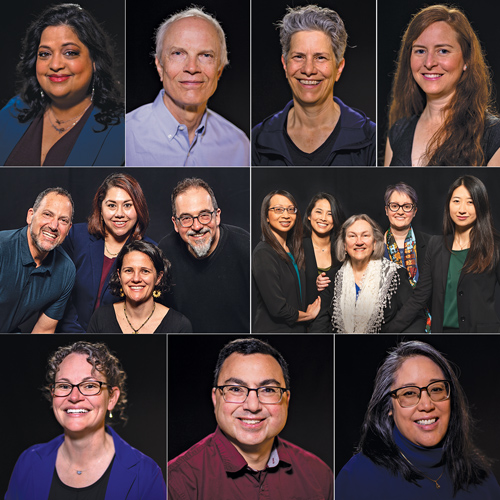
Teachers of the year
From inspiration to impact, this year’s Distinguished Teaching Award recipients mentor and nurture students from all disciplines.
February 25, 2023
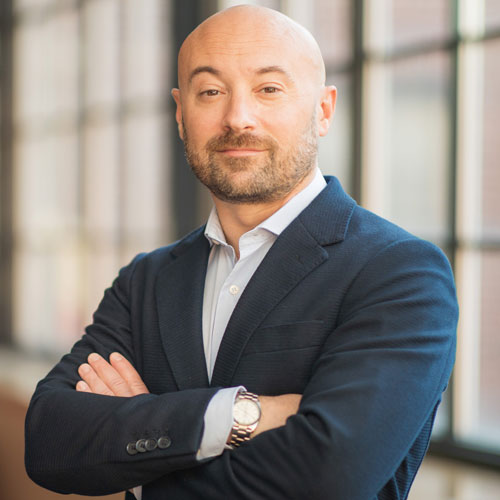
Opioid game-changer
Vaccines show promise for treating addiction to oxycodone, heroin and other addictive substances.
November 26, 2022
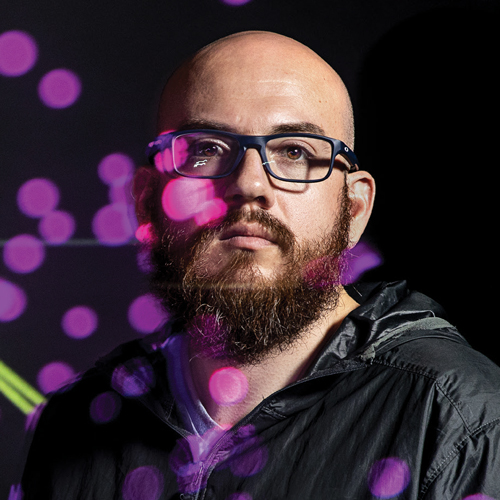
Behind the data
When doctoral student Horacio Chacón Torrico looks at public-health data, he sees the ‘forgotten’ people he wants to help.
May 30, 2022
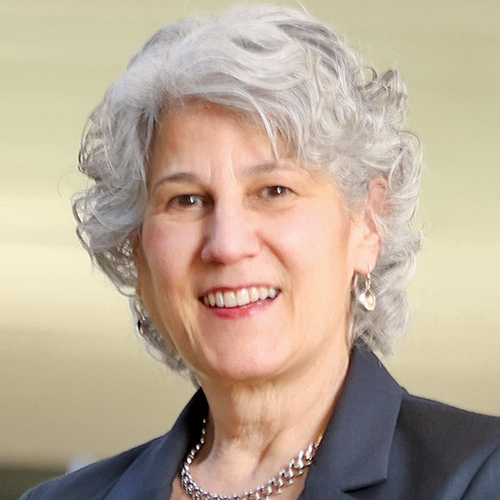
The heart of health care
Through public health crisis, nursing leader Pam Cipriano, ’81, has delivered doses of hope and advocacy. The 2022 Alumna Summa Laude Dignata award recognizes her service.
May 29, 2022
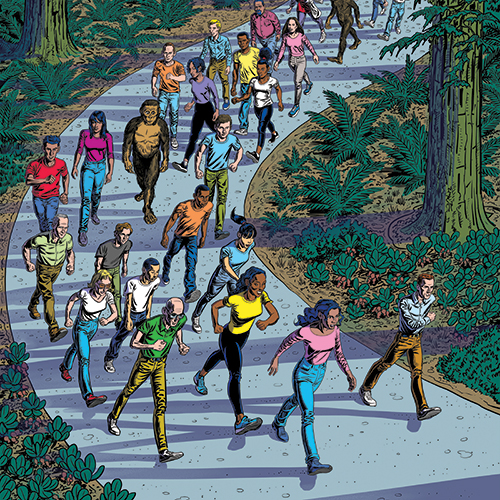
Why we walk
We were bipedal before we were human. But science still has much to explore about how we evolved—body and brain—to be walkers.
March 11, 2022
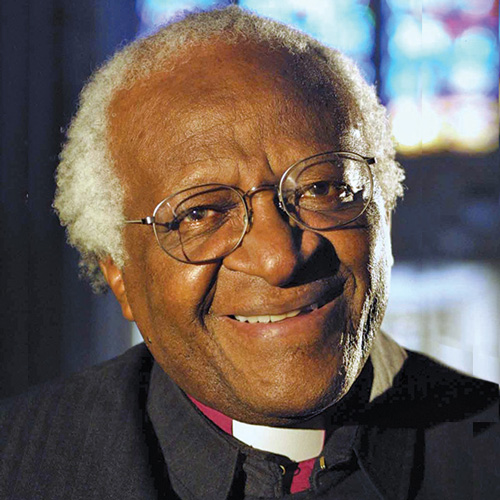
Remembering Desmond Tutu
Twenty years ago, the human rights leader delivered a message of hope to Seattle.
March 4, 2022
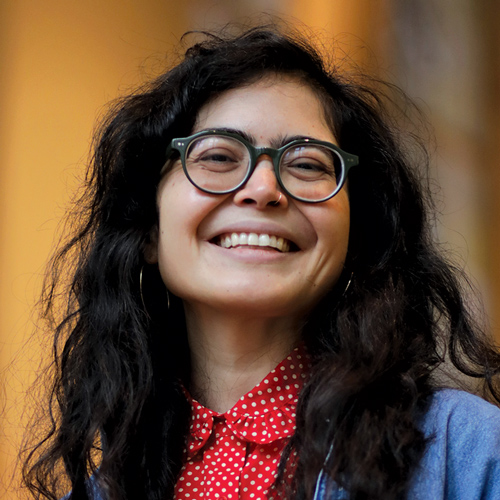
Caring for custodians
Evalynn Fae Taganna Romano, ’10, ’21, leads an effort recognize an often overlooked group in the pandemic: campus custodians.
December 11, 2021
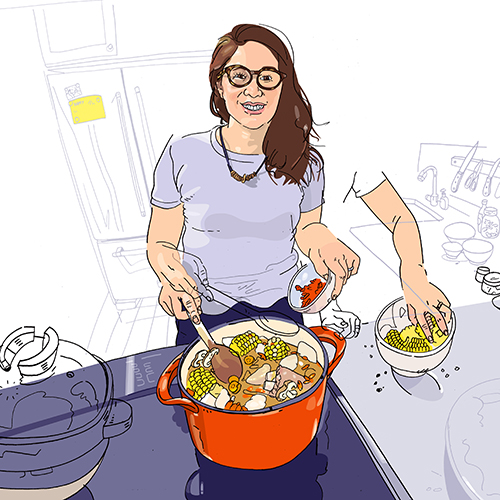
Locally grown
Marie Spiker is an assistant professor of epidemiology at the UW School of Public Health, registered dietitian and enthusiastic kayaker. We asked her about her various passions.
December 4, 2021
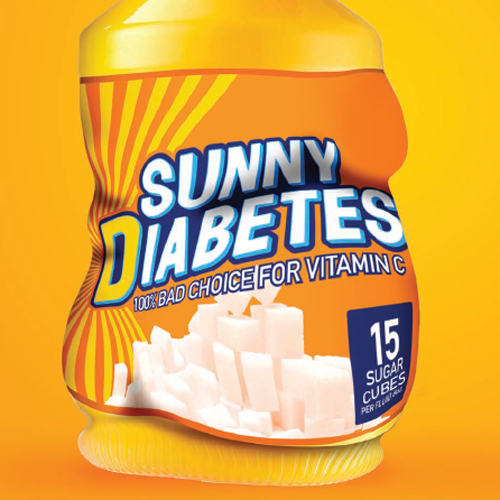
Fruity, not healthy
Fruit drinks are often disguised as nutritious alternatives to soda. Researchers try to counter that narrative.
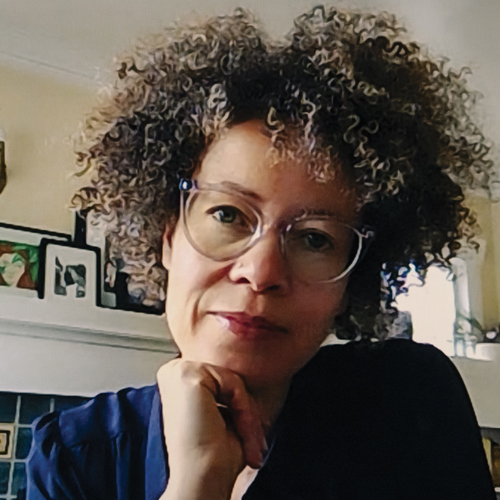
A call to action
Associate Professor Wendy Barrington, '12, brings a passion for health equity to her role as director of the Center for Anti-Racism and Community Health.

Fighting the infodemic
Twisted facts, fake news and social media spoofs can turn society upside down. One UW team is working to help us through the infodemic.
November 19, 2021
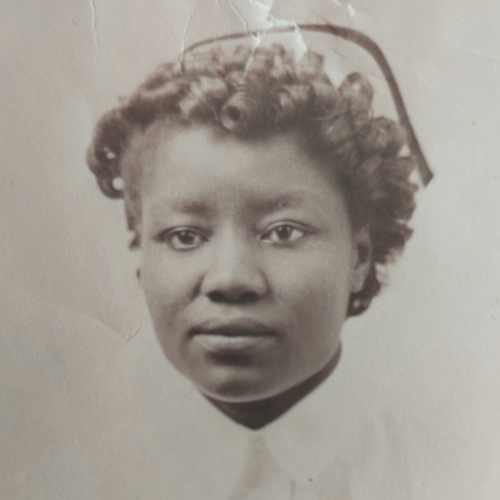
Nursing leader’s legacy
One of Seattle’s few Black nurses in the 1940s, Rachel Suggs Pitts helped create a network of support for her colleagues and nursing students.
September 11, 2021
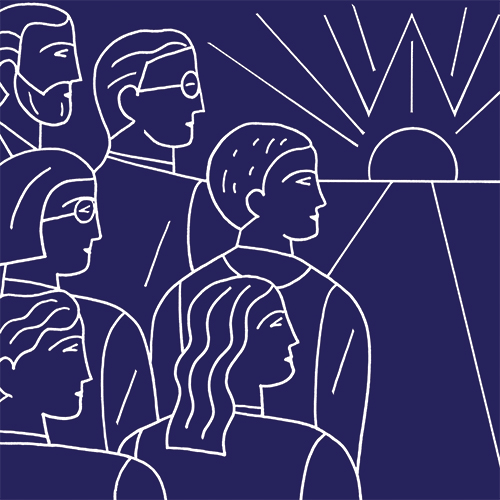
Reframing what matters
Every autumn, the new academic year offers a fresh start. This year, many of us return with a new perspective shaped by the pandemic.
September 4, 2021
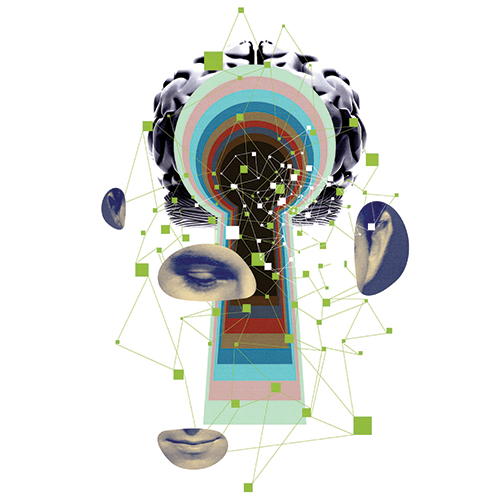
Crisis state
Washington has a shortage of mental-health workers and high demand for treatment. The UW is at the center of efforts to turn the tide.
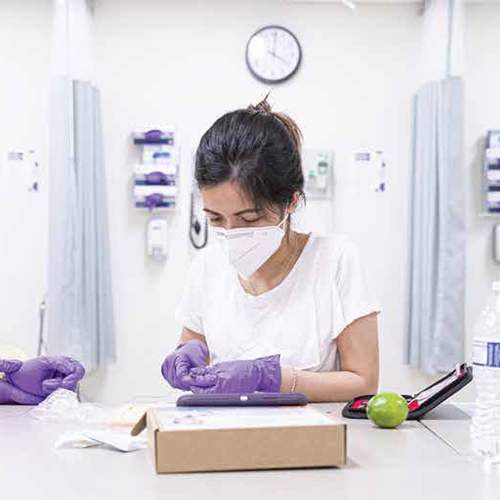
Healthy collaboration
The UW’s six health sciences schools share a mission to improve care and soon will share a new building.
June 10, 2021
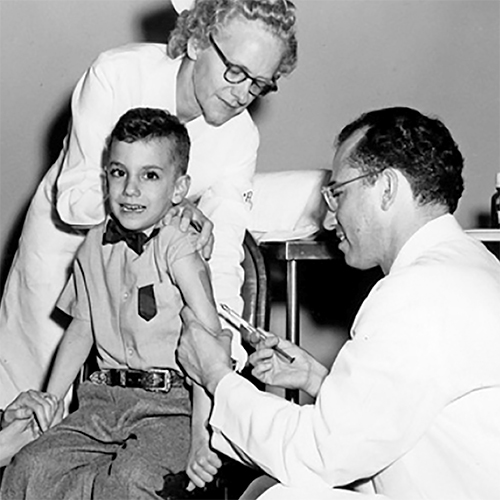
Pandemic parallels
Long lines for vaccines are nothing new to Darrell Salk, whose father created the polio vaccine.
Firearm study
The UW is researching handgun carrying among rural adolescents, in a three-year, $1.5 million study funded by the CDC.
November 29, 2020
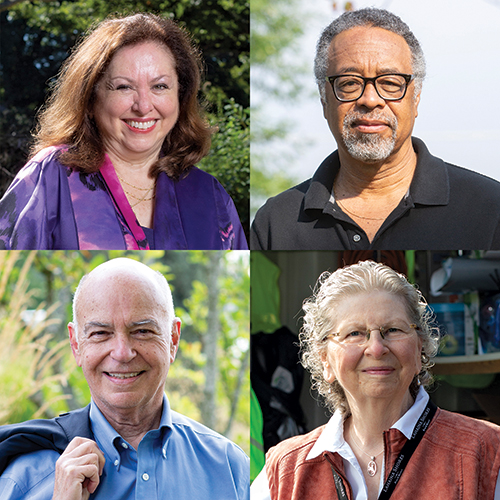
For many UW retirees, service never stops
Retiring from the UW doesn’t end the story for faculty and staff. They are driven to serve their communities on a local or global scale.